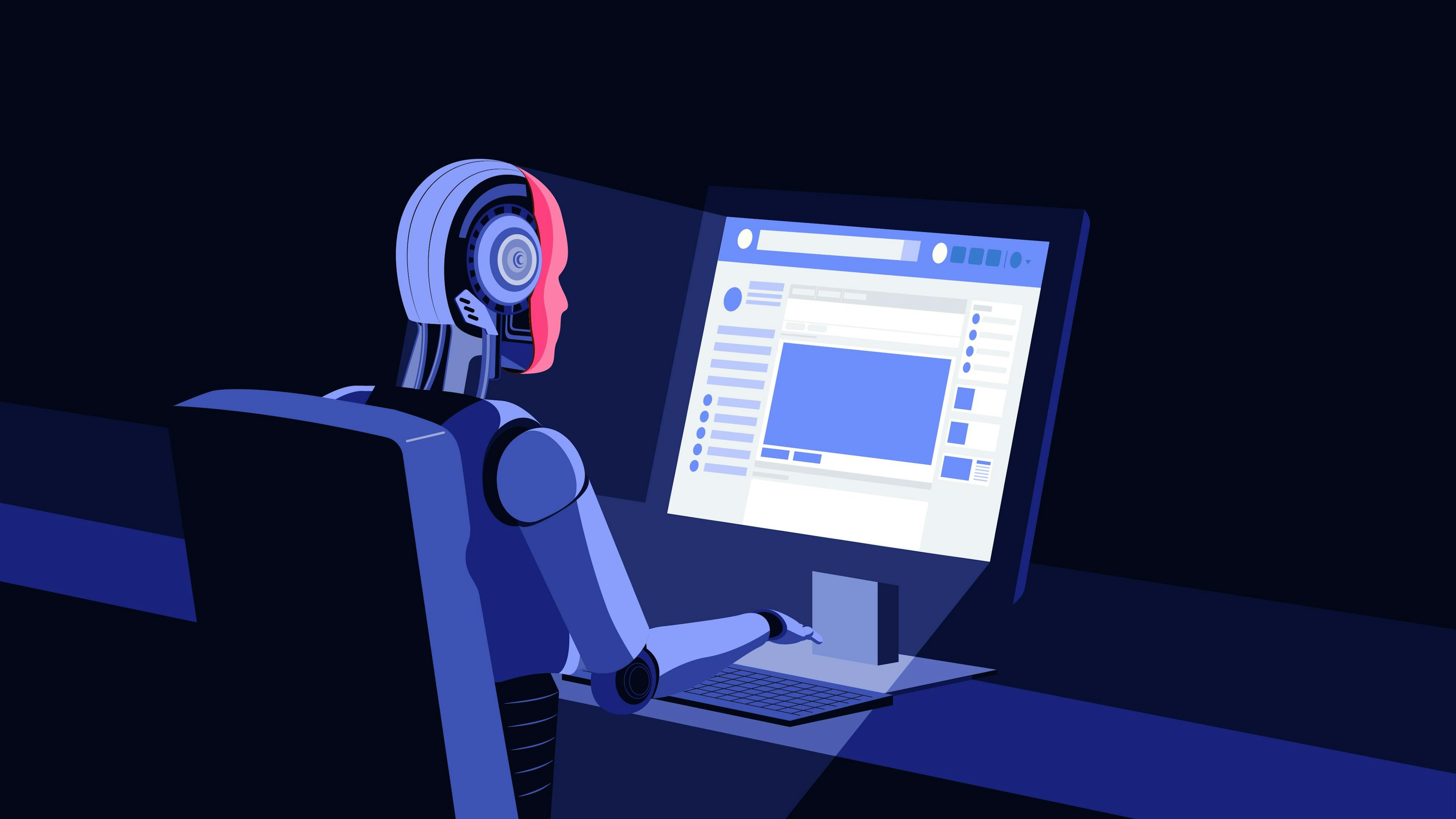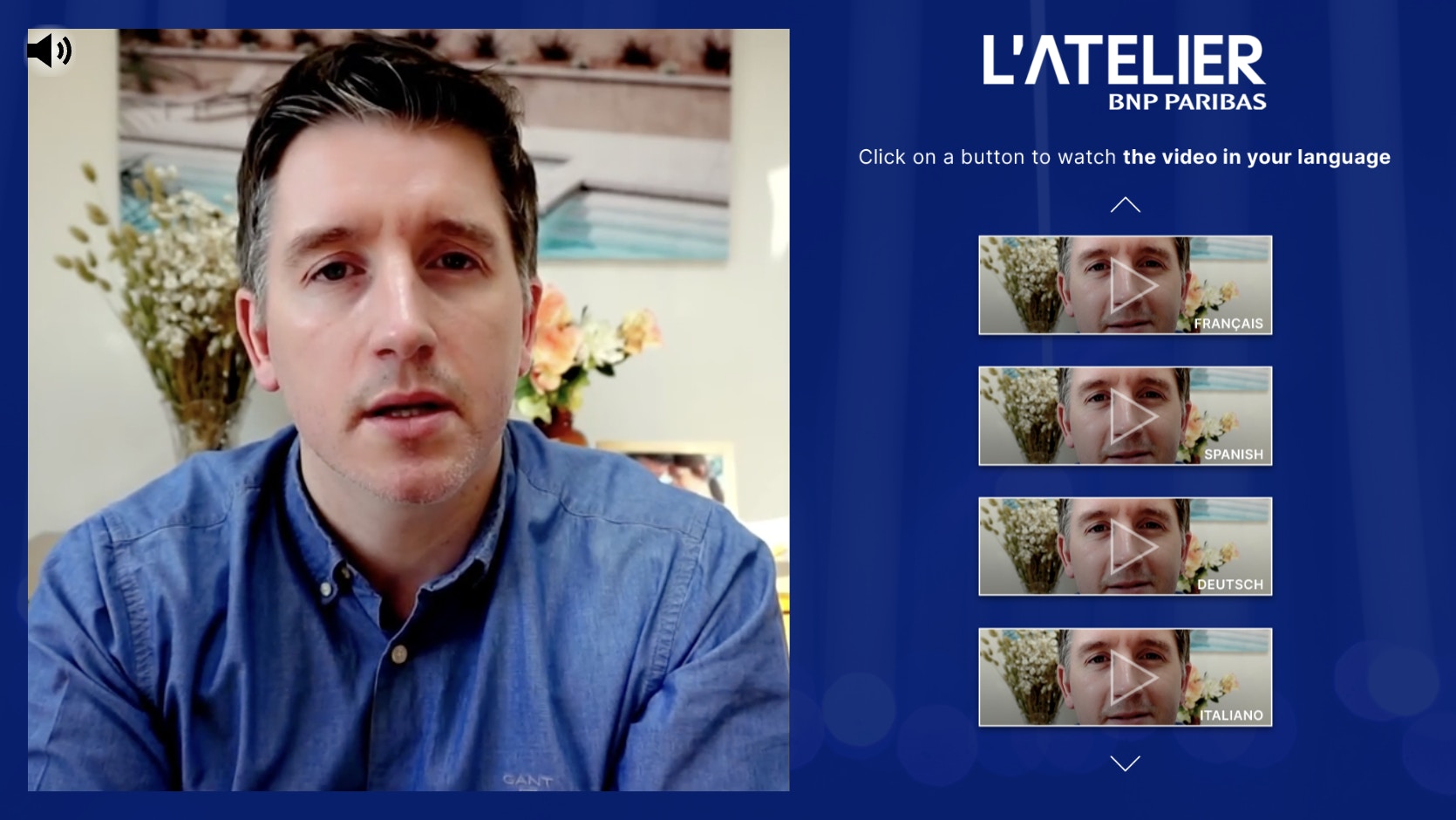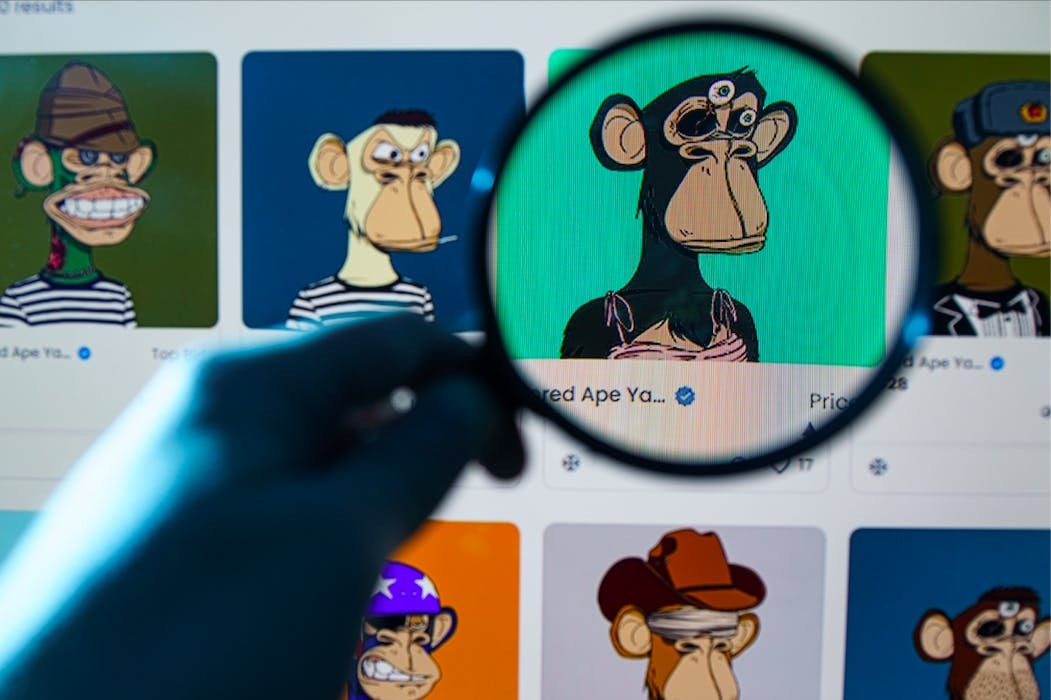Analytical foresight can help us anticipate and contextualise the future
12 May 2020
-
John Egan

Analytical foresight, the discipline of anticipating the consequences of changes today to the status quo tomorrow, is little understood outside of academic and specialist circles — but it is a powerful tool for considering and planning for the future.
For organisations and governments, understanding what lies ahead is essential for making effective decisions and as we move inexorably towards the next era of technological and social order, it can help us identify and contextualise emerging opportunities and challenges.
In this blog, I want to shine a light on what we mean by foresight as it’s applied by L’Atelier, exploring its objectives, methodologies, applications, and nuances. I also want to touch upon why these uncertain times make it more relevant than ever.
What is foresight?
Foresight is the process of using conceptual models and quantitative forecasting to make reliable assertions about future attitudes, needs and environments. Foresight analysis considers the events of today, macro trends and technological capability over time to imagine and estimate change. We then look at the impact of that change on public and private industries, as well as society at large.
For example, a current area of focus at L’Atelier is the emergence of Virtual Economies. These economies are emerging out of the massive multi-participant virtual platforms which already host hundreds of millions of users, many of which are amassing and transacting significant virtual and real wealth and reputation. We are using foresight to analyse how the jobs, markets, industries and assets that are emerging in these spaces will evolve over time, and the opportunities and challenges they will create for organisations, governments, and individuals.
The primary objective of foresight is to improve decision-making now, by anticipating the future with a high level of fidelity. Organisations that are good at foresight can anticipate business opportunities, market challenges, attitudinal shifts, policy changes and regulatory requirements.
How does it work? What are its processes, methodologies and “tools”?
Different organisations have different practices when it comes to foresight, but it generally combines both quantitative forecasting and conceptual frameworks to consider the future.
Quantitative forecasting involves using numerical analysis to predict how trends like income inequality, homelessness, debt, migration or urbanisation play out across a population in response to events like the Covid-19 pandemic.
Conceptual models are then applied to that data to consider the probable first, second and third order consequences of those changes. Examples might include impacts on supply chains, mental health, family relations, vice (which on the internet would include things like pornography and selling drugs on the dark web) and entertainment caused by the lockdown.
Why is analytical foresight relevant now?
Foresight is more relevant than ever because the pace of change is faster than ever. Changes that once took a decade now happen in under a year.
The consequence of this accelerating force is increased complexity across society. People are less equipped to understand the impact of new technologies or the consequences of emerging economic and political philosophies. Our job is to make some sense of these changes by articulating the future that they are driving us towards.
Crucially, we don’t just want to provide information about the future; we want to help people to truly understand it, so they are better equipped to act on it.
How is L’Atelier’s approach unique?
Our approach is distinctive in three ways.
The first is the sophistication of our approach. Our frameworks do not consider events in isolation or in a linear fashion, and we assume that the consequences of events will be different depending on where and when they occur. This produces a nuanced consideration of events within different environments over time.
The second is that our foresight is focused specifically on the coming decade, and the convergence of real and virtual environments which will come after the Internet as a result of new technologies and emerging social change. In these areas the internet, data, computing and alternate reality technologies will intersect with society and the market — creating a universe of new economic and social opportunities and challenges.
The third is our use of design fiction as an elaboration tool. Design fiction is the crafting of stories set in alternative environments that can be leveraged to emphasise a change, opportunity or challenge. An example would be Will, our piece on privacy that creates over 1,000 different futures based on the decisions you make. This is an important method for helping people to understand the future we are heading into, so they can make decisions which anticipate it rather than simply react to it when it arrives.
What are the limitations of foresight?
Foresight is a tool that we use to anticipate future environments and elaborate on the consequences of change. It is not a tool that can effectively predict individual events or the chronology of their occurrence. We can’t pick a stock for you — but we can help inform which industries are going to thrive and why.
Are there any experts in this field or progenitors who are big influences on your approach?
All foresight is part science fiction, part philosophy. We are considering the logical outer bounds of technological opportunity, and the ways in which these technologies will intersect with society over time. Change can often arise from the most unexpected places, and in ways which surprise even the most inspired imaginations. To that end, inspiration can just as easily be drawn from Ancient Greece as it can be from an applied research lab in Silicon Valley.
Everything matters, we just explain why.
12 May 2020
-
John Egan
02/03
Related News
03/03
L’Atelier is a data intelligence company based in Paris.
We use advanced machine learning and generative AI to identify emerging technologies and analyse their impact on countries, companies, and capital.


